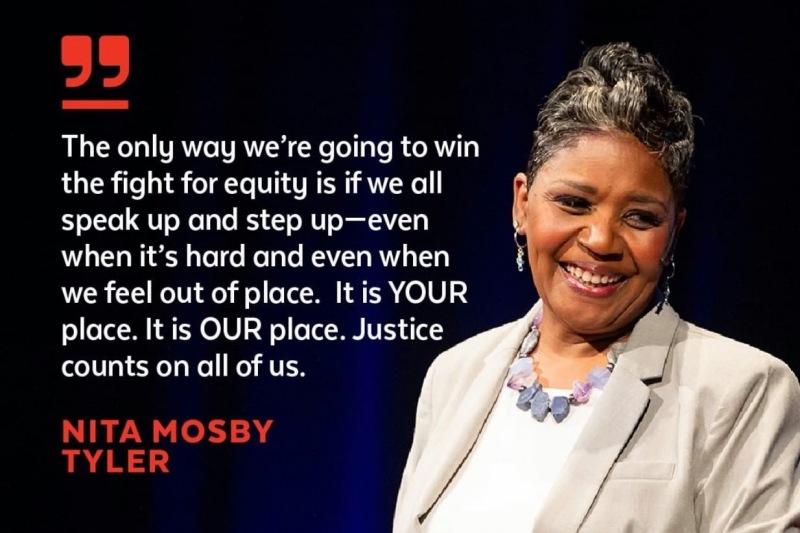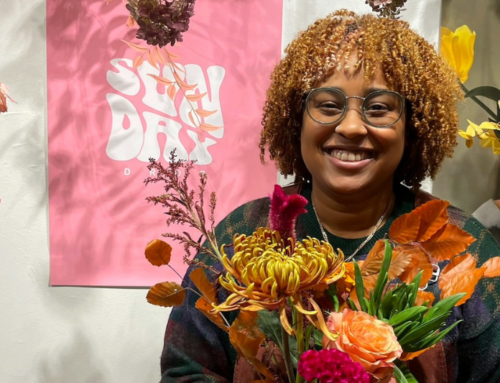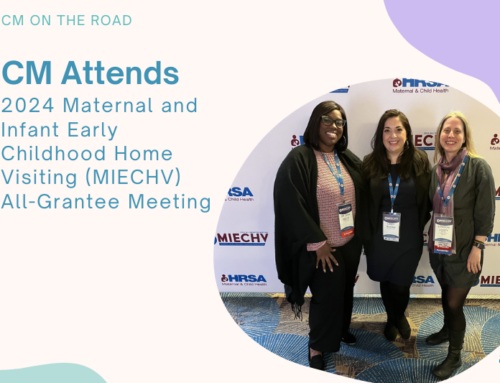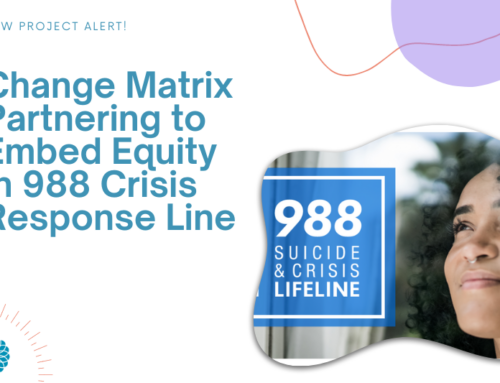It is 2020…100 years of women voting in this country. As we look back to notable moments like this in history, we celebrate women leaders and acknowledge that the path to gender equality has not been inclusive and we are still on it. For that reason, the Change Matrix team is beginning a series of personal essays about women. They might be women we know who were models or mentors and influenced us as professionals. They might be women whose work we have loved and integrated into our own. They might be about our identification as women through a cultural lens.
Annie
In 2013, I had the opportunity to meet and work with Dr. Nita Mosby Tyler, while I was working at the Colorado Department of Public Health and Environment. In my role at the Office of Health Equity, I assisted in convening the Health Equity Commission, in which she served as a commissioner. With a background in human resources, Dr. Mosby Tyler has held leadership positions as the former Senior Vice President and Chief Inclusion Officer for Children’s Hospital Colorado and the former Executive Director of the Office of Human Resources for the City and County of Denver. In both these roles, she was the first African American woman to hold these positions. I have been inspired by her courage and leadership in championing equity and justice in spaces that may not be welcoming (and even dangerous).
In our work at Change Matrix, how do we advance diversity, equity, and inclusion in a society that is not designed to do so? Dr. Mosby Tyler has said, “There are no U.S. systems that were built with equity in mind. Not the education system. Not the healthcare system. Not the justice system. Not the housing system. Not the transportation system. Because of this, anytime we work to chip away at systems of inequity, we see the intricate web and tentacles of how these inequitable systems are all connected. I am committed to taking it on because I believe if we all do our part, individually, at chipping away at inequity in all that we do – we ultimately change systems. That gives me hope.”




